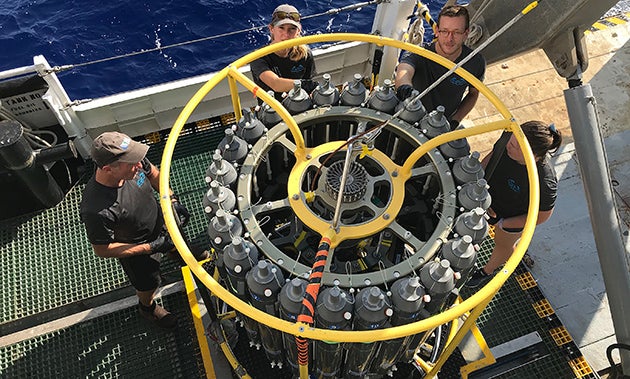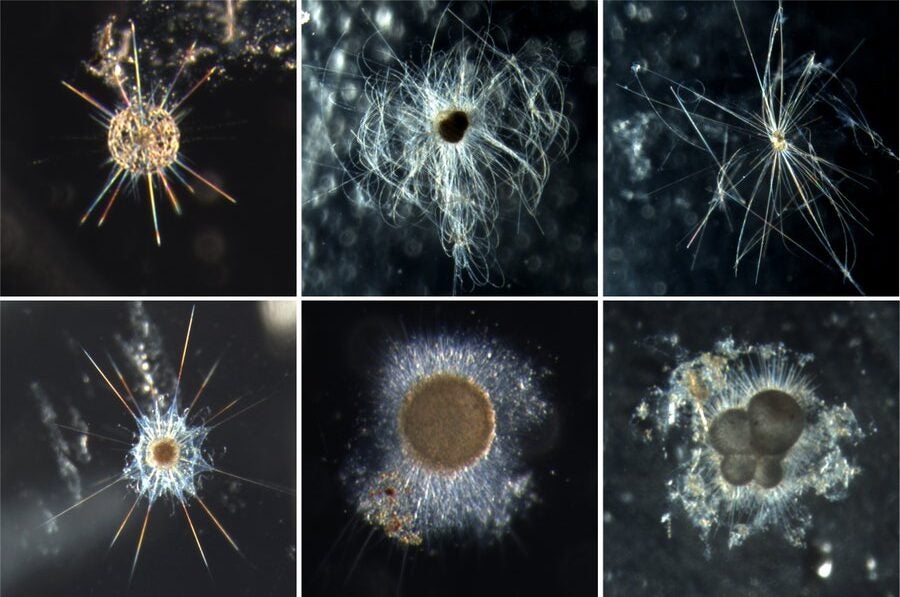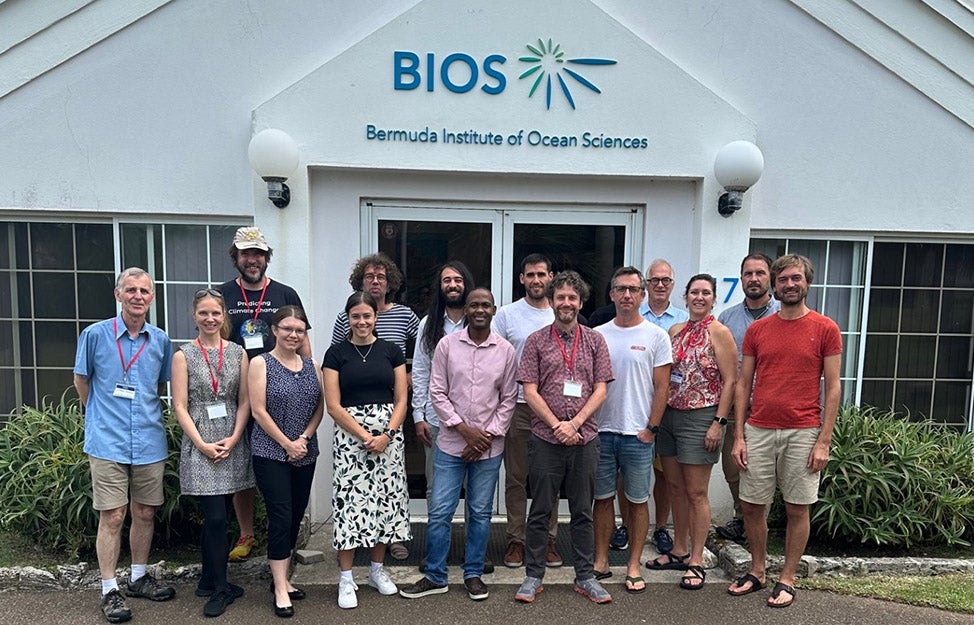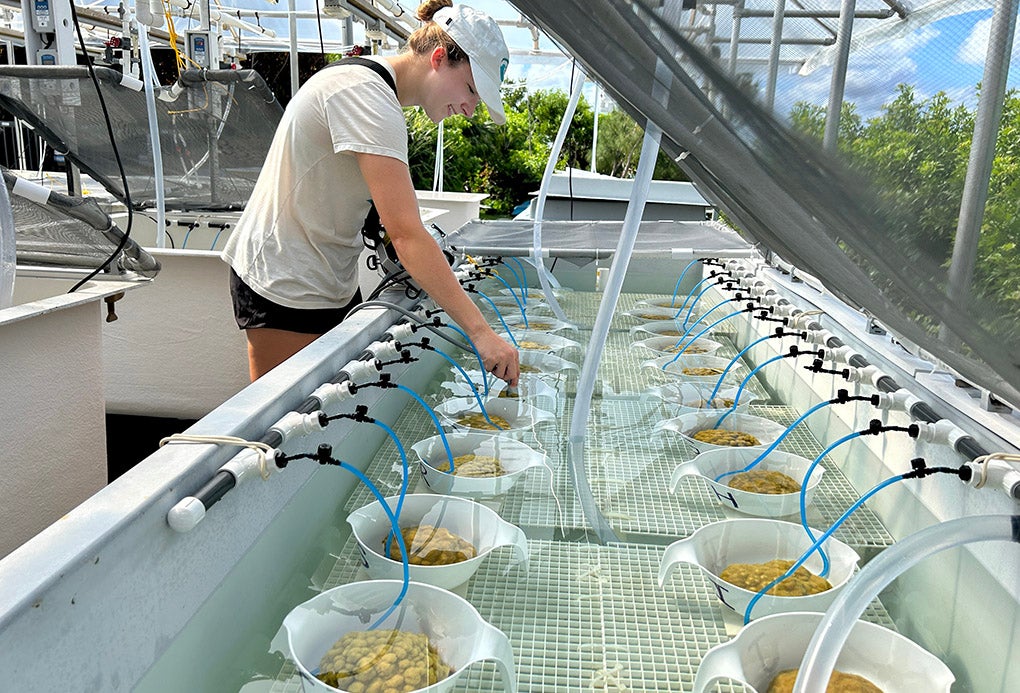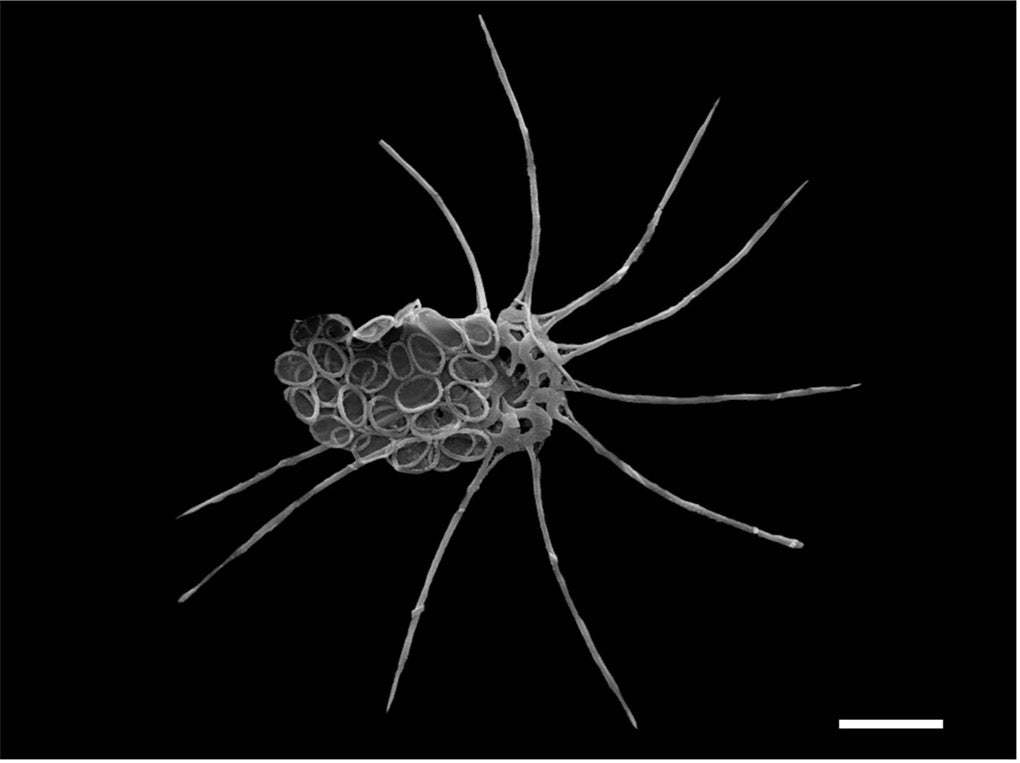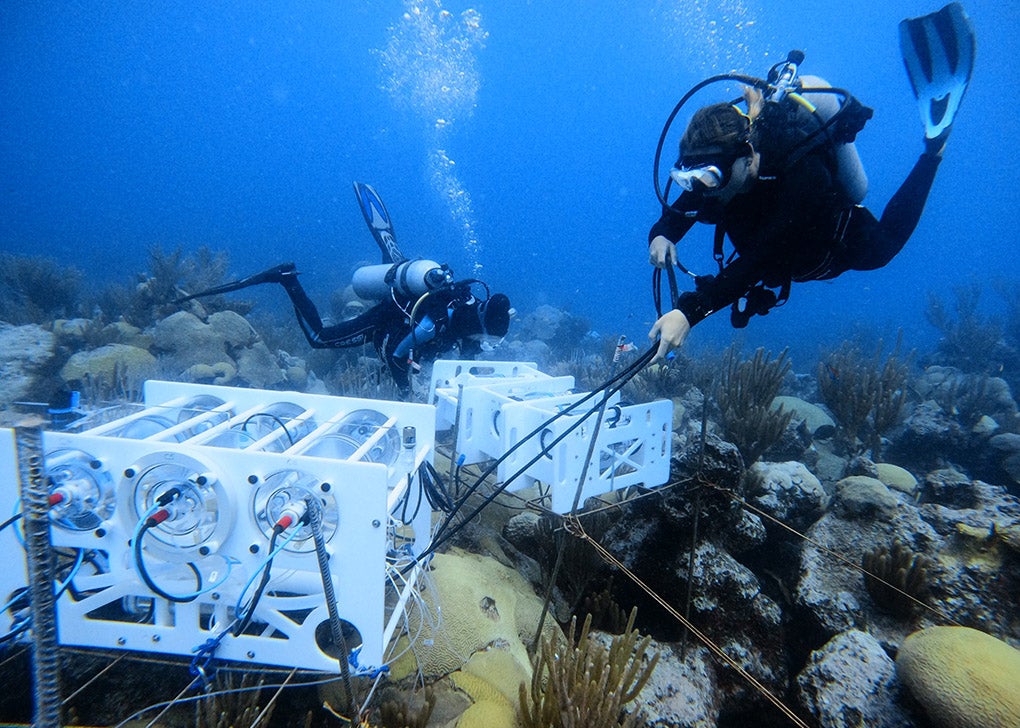News
Dr. Fred T. Mackenzie, In Memoriam
With sadness, the Bermuda Institute of Ocean Sciences has received news of the passing of Life…
Canary in the Coal Mine: How One Small Island Became the Face of Bermuda’s Changing Climate
Charles Island is one of a group of small, uninhabited islands that form a broken chain across the…
Atlantic Ocean near Bermuda is warmer and more acidic than ever, 40 years of observation show
Oceans are constantly changing. These changes don’t only affect marine life but also have wide-…
New Collaborative Rhizaria Research Project Underway
A diverse and abundant group of single-celled marine organisms, Rhizaria are known to affect carbon…
CedarBridge Academy Senior School Students Dive into the World of Zooplankton and Food Webs Through Signature Learning Partnership
CedarBridge Academy Senior School Students Dive into the World of Zooplankton and Food Webs Through…
ASU BIOS Hosts an Interdisciplinary Workshop on the Impacts of Increased Wildfires on the Ocean and other Earth Systems
More than three dozen physical and social scientists, artists, communicators and others gathered at…
ENCORE – A Step on the Path Toward More Resilient Corals
Jurassic Park’s Dr. Ian Malcolm was right. Against seemingly impossible odds, life often does “find…
Discovery of a New Calcifying Phytoplankton Species off Bermuda
A newly described coccolithophore species, Calciopappus curvus was recently found in 2020…
BIOS-SCOPE Scientists Reflect on the Project’s Success – and Look Ahead to its Future
Now in its eighth year, BIOS-SCOPE is a multi-institutional, multi-disciplinary initiative that…
Illuminating Effects of Mesoscale Eddies on Coral Reefs
This summer marks year two of a three-year ASU BIOS study designed to expand understanding of how…


